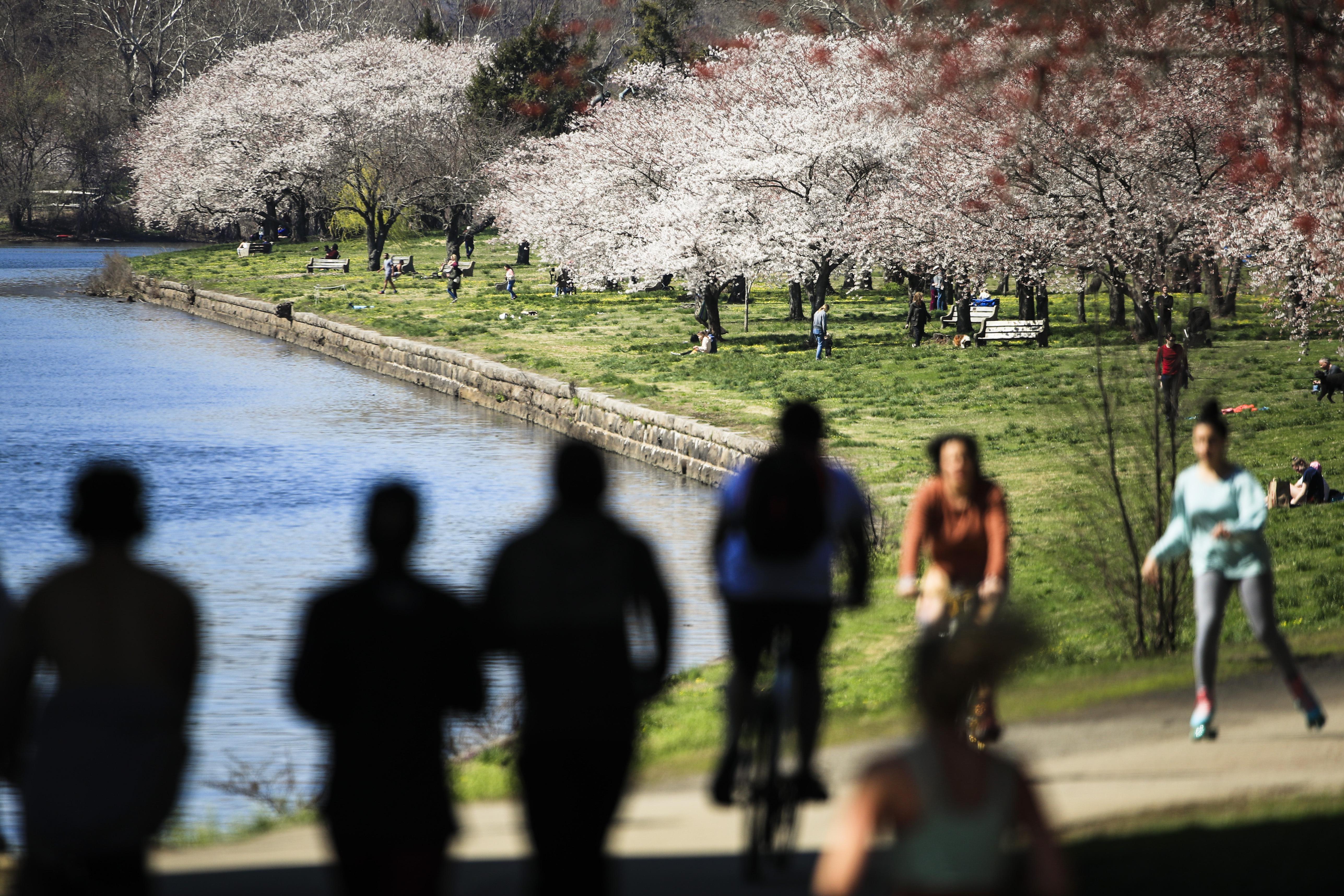Trees and flowers have started to bloom throughout Mississippi. Bright, yellow coatings of pollen are blanketing cars and roads throughout the state.
A Mississippi allergy expert says the state’s spring season has gotten more intense


Trees and flowers have started to bloom throughout Mississippi. Bright, yellow coatings of pollen are blanketing cars and roads throughout the state.

Shamira Muhammad
A Mississippi allergy expert says the state’s spring season has gotten more intense
Dr. Gailen Marshall is chair of the Allergy and Immunology at the University of Mississippi Medical Center in Jackson. He says for southern states like Mississippi, climate change is causing the spring pollen season to become longer.
“The climate change that is going on, I recognize that that’s sometimes a volatile subject among individuals and really the volatility comes from arguing about why it's going on,” Marshall said. “No one can really deny that over the last decade or two that it gets warmer earlier, that it stays warmer longer, and that we're having more water, with the exception of some years where we have dry and drought.”
Marshall says these changes have resulted in a higher pollen count for a longer period of time.
“It's particularly rough throughout the entire state of Mississippi,” he said.
According to the Asthma and Allergy Foundation of America, although Jackson’s pollen count is better than average, it is still considered to be among the top 100 most challenging places to live for people who suffer from seasonal allergies in the country.
The Centers for Disease Control and Prevention has found that at least a quarter of adults in the U.S. suffer from seasonal allergies. Symptoms can include congestion, runny nose, and sneezing. High levels of pollen can also trigger allergic asthma in some people, which Marshall says can be dangerous.
“They not only have trouble with their nose, they can have trouble with their lungs as well,” Marshall said.
He also points out that allergic asthma attacks can lead to emergency room visits or even hospitalizations.
“Rarely, individuals actually even pass away if they're not treated aggressively enough,” he said.
According to Marshall, using nasal steroids before symptoms show up is the best form of treatment.
“The sooner a person starts on those medicines, the less likely they are to have symptoms, and they'll do much better through the season,” he said.
Marshall expects the allergy season prompted by tree pollen to last through May.